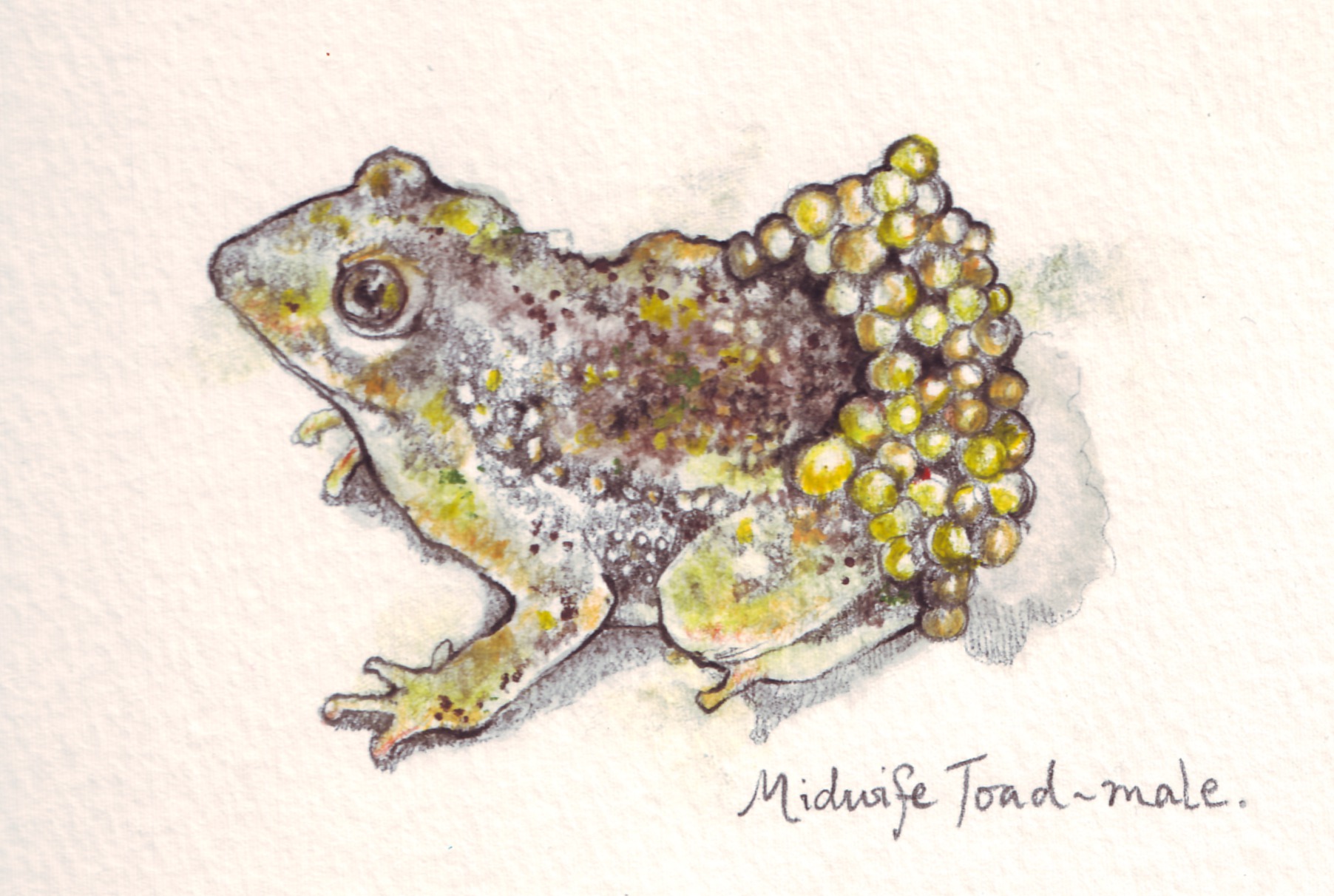Life as a Child with a Chronic Condition
A chronic condition means a type of illness or disability which will be a part of your life for the rest of your life, and will mean medication or other type of medical treatment such as physiotherapy (exercises designed to treat and strengthen your body) and regular visits to the doctor or hospital or both.
If you’ve been diagnosed with a chronic condition, it can be scary and upsetting. You may not know what was happening, and you will probably have lots of questions. We spoke to Tina, who grew up with a chronic condition on what’s learned over the years, and asked her advice on living well with a health condition.
Science News – Do Black Holes Exist?
For years black holes have captured the imagination of the public as well as physicists, featuring heavily in science-fiction books and films. But now it seems that they may not exist after all.
What is The Point in Learning Biology?
Last time we looked at uses of English, both in day-to-day life and in careers. Today we will focus on Biology – the study of life and living organisms in more detail that you could ever think necessary. So how is Biology useful in our day to day lives? How can we put the skills learned in Biology to use?
Here is where to find BIOLOGY … every day and everywhere
12 Steps to Becoming a Self-Confident Kid
Do you ever wish you were more confident? Do you watch other kids standing in front of the class, and presenting their work, and wish you be that self-confident kid?
We often talk about self-confidence and self-esteem in tweens. These two are linked, but slightly different. Self-esteem is about how you feel about yourself, how you value your abilities and yourself. Self-confidence is about how you feel about your abilities, about trusting yourself to do something.
You could have a high self-esteem generally, but have low self-confidence in a particular area, e.g. doing maths, or standing in front of the classroom and presenting a book report.
We often split people into ‘confident’ and ‘not confident’, but we can all learn to be more confident. It just takes a bit of practice. Here are our top tips for increasing self-confidence and self-esteem!




